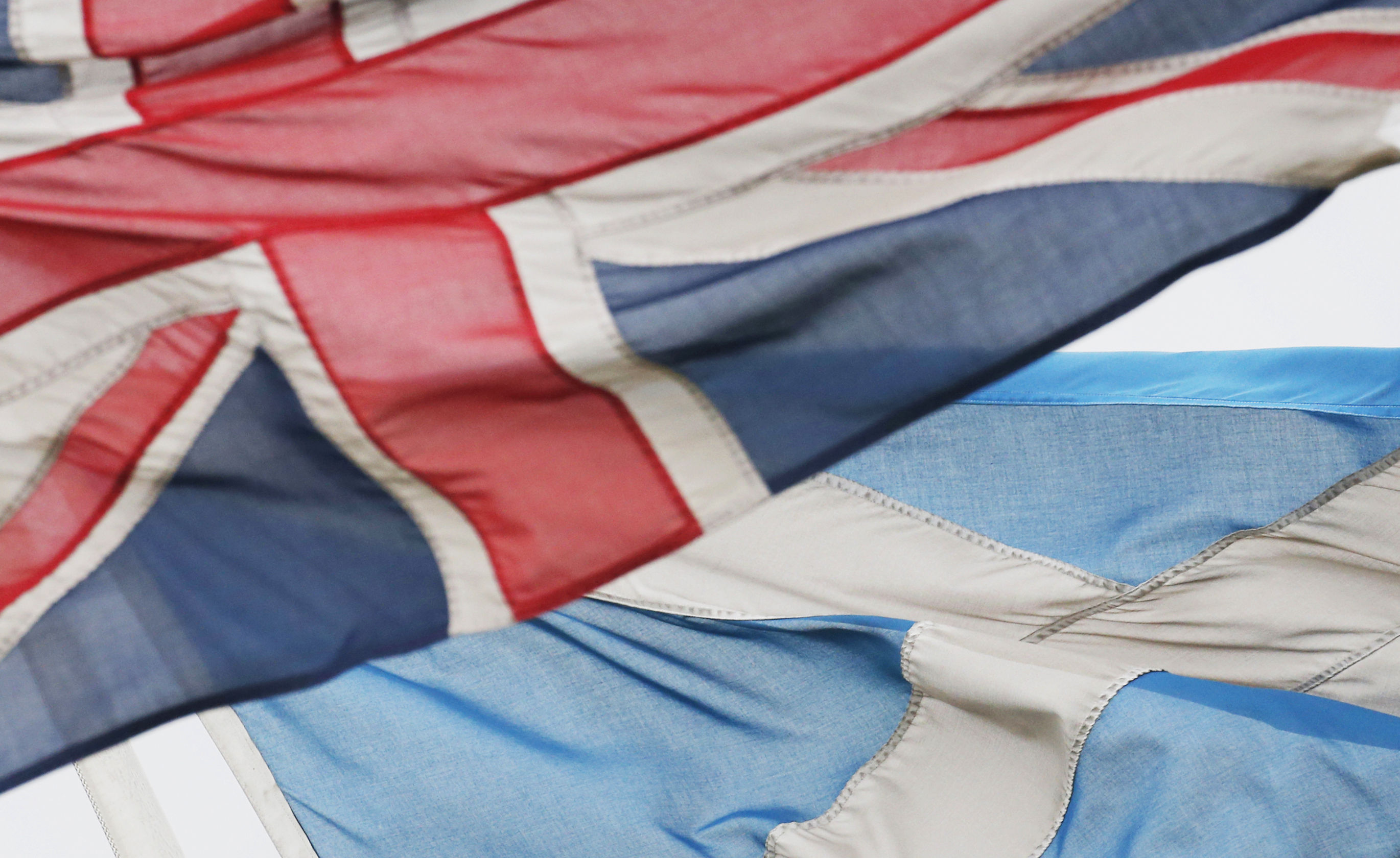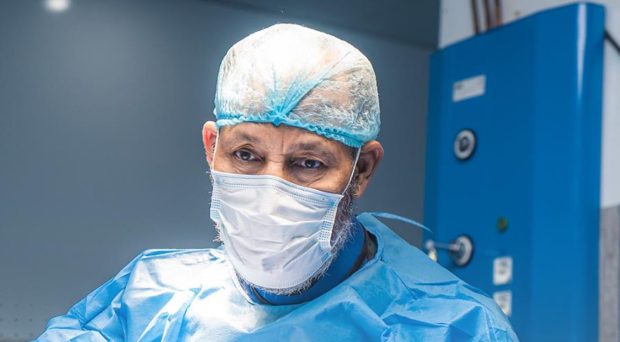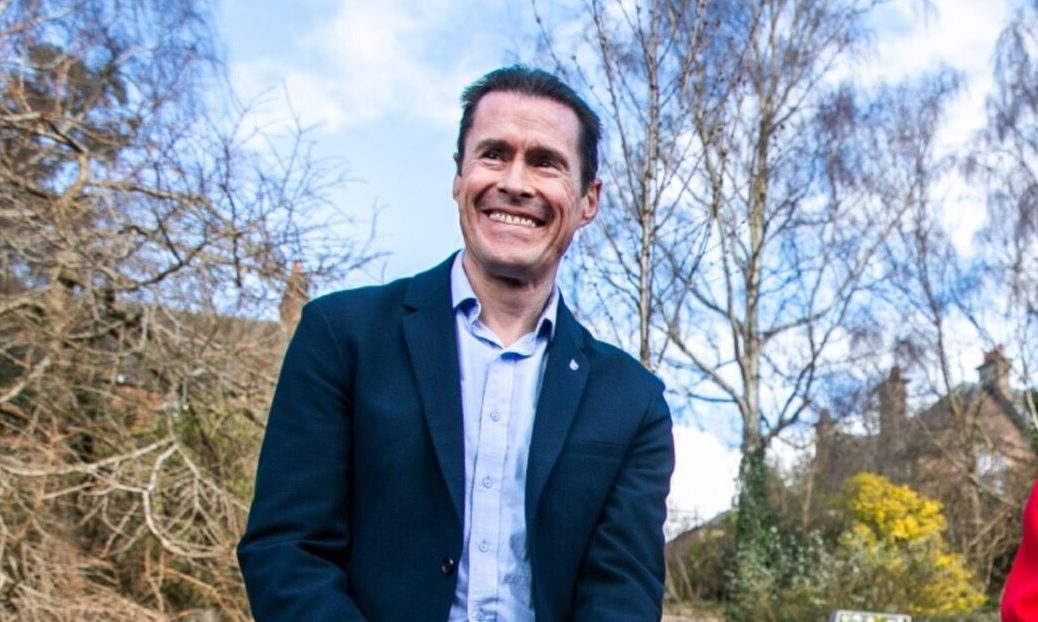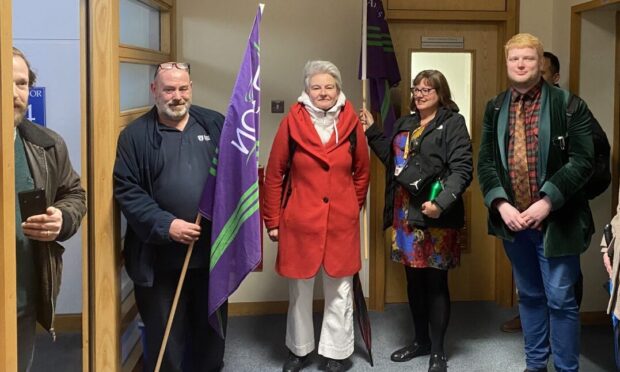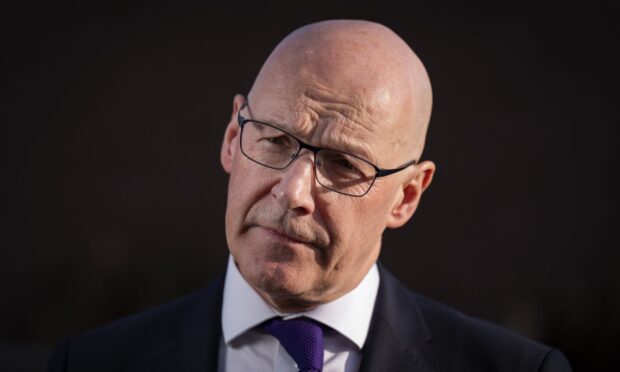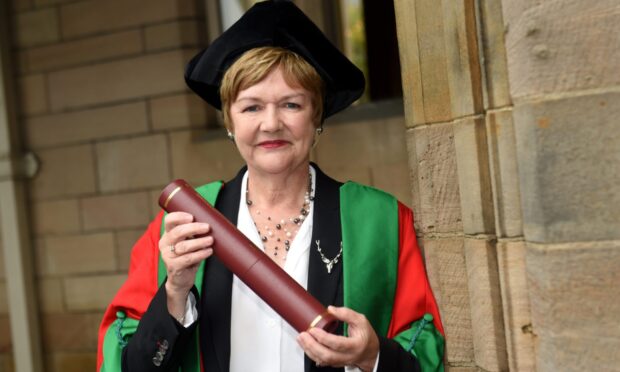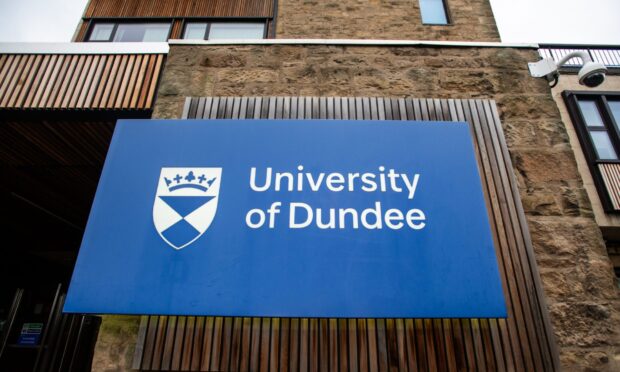More young and highly-educated people publicly engaged with the Scottish independence debate than older people or those with fewer qualifications, a survey has found.
There has been a large rise in democratic engagement in the last six years and the independence referendum was a big factor, new analysis from the Scottish Social Attitudes Survey found.
Nearly 70% did at least one activity to register what they thought about an issue in 2015 – up from 55% in 2009 – and nearly a third (31%) of people who registered their views did so in connection with the independence debate.
Younger people were more likely to have taken part in a referendum-related activity, with 44% of 18 to 29-year-olds engaging compared with 26% of those aged 65 or over.
Those with degrees or highers were also more likely to have engaged in at least one referendum-related activity (34%) compared with 23% of those with standard grades or no formal qualifications.
A majority of Scots believe they have the power to instigate changes in their local area.
Over three-fifths (61%) of Scots agreed that people in their area are able to find ways to improve things locally when they want, data from the Scottish Social Attitudes Survey shows.
Just 11% disagreed while around a quarter were on the fence, the new analysis of 2015 data found.
An overwhelming majority (96%) think that local people should be involved in decisions about the design and delivery of their public services.
Over a third (35%) of people had either volunteered at, or help set up, a local community organisation.
Over two-thirds (68%) of Scots feel they belong to their local area, and the vast majority (88%) meet socially with friends, relatives or work colleagues at least a few times a month.
Susan Reid, who wrote the report for ScotCen Social Research, said: “A majority think that people can find ways to improve their local area when they want to.
“However, we found that the public’s views on whether people can improve their local area varied according to where they lived: 77% of people living in rural areas agreed people could find a way to improve their local area, compared with 56% of people living in large urban areas.
“The challenge, then, is to understand the different dynamics of participation that affect different parts of society, such as those in urban and rural communities, so that people across Scotland can be supported to become more involved in making a difference to their local community.”
Communities Secretary Angela Constance said: “We need to use the energy and enthusiasm out there and support people who so clearly have the ideas and drive to make their own local services better.
“We all want to make our communities better places to live and this will only be possible by working together and putting people at the heart of service design and delivery will enable public services to flourish.”
